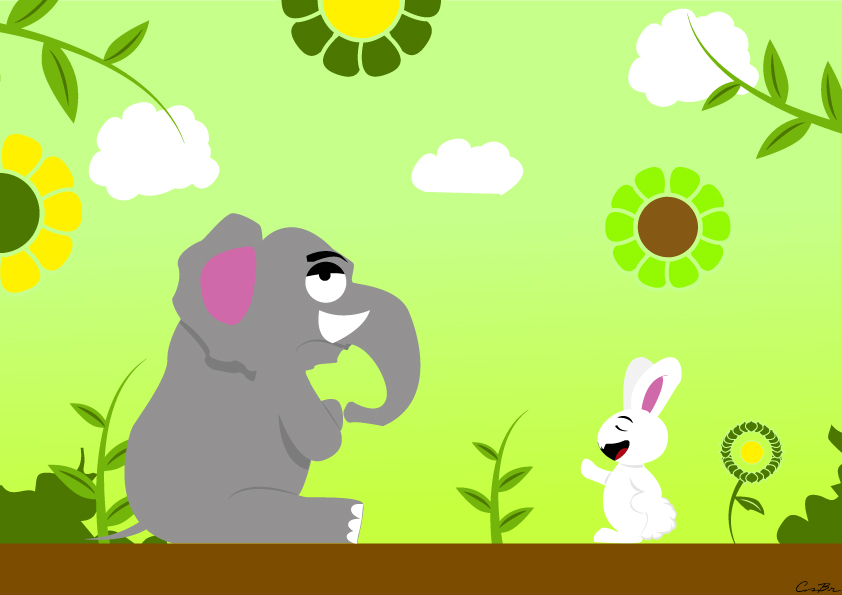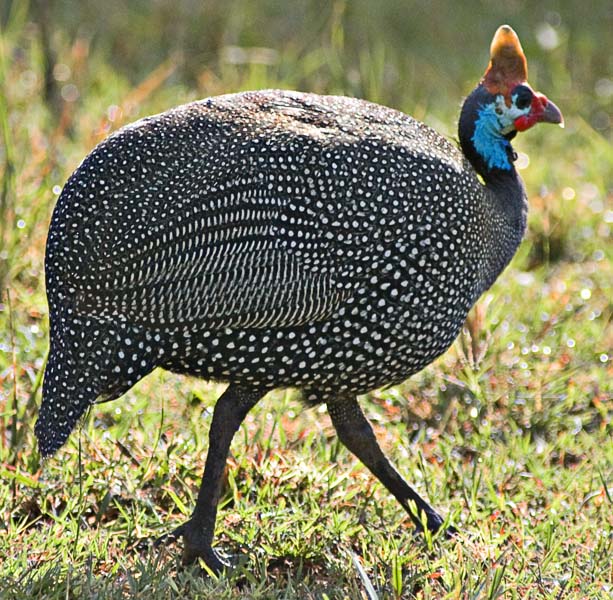Panangokhala, (Once upon a time)
Tili tonse.
Panali amai ena ake. Nde amayiwa anali a single mother. (There was a certain woman. Now this woman was a single mother).
Nde basi, amai aja anayamba kudwala. (After some time, the woman became ill).
Tili tonse.
Nde, kuona ali mwana wangayu adzavutikatu uyu. (So would say to herself, ‘My child will suffer in life.’)
Tili tonse.
Nde nditani kuti mwanayu asadzavutike. (What shall I do so that my child doesn’t suffer.)
Nde anamuitana mwana wao uja. (So she called her child).
Tili tonse.
Ali iwe, inetu matenda awawa sindichilira. (And said, ‘I am not going to recover from this illness’).
Tili tonse.
Ndimwalira ndithu. (I will die).
Koma iweyo poti ulibe m’bale wako, ulibenso abambo ako, udzavutika. (So since you do not have siblings, and you don’t have a father, you will suffer).
Tili tonse.
Nde ineyo, ndikufuna kuti iweyo, usadzavutike. (So I don’t want you to suffer.)
Tili tonse.
Ndikadzangomwalira, udzadule bele langa. (When I die, cut off my breast).
Nde ukadzadula belelo, ukalidzale. (When you cut off the breast, plant it).
Basi ukadzatelo ndiye kuti iweyo sudzavutikanso. (When you do that, you will never suffer again).
Basi, nde zinachitikadi mmene ananenela mai aja.mwana uja anakadzaladi bele lija. (So…it happened as the mother had said. The child planted the breast).
Nde basi nkuonadi kuti azibale amai ake aja samamusamala. Nde uja mawa uli wonse akamathirira pamene anadzala bele la mai ake paja amaimba nyimbo. (And, true to the mother’s words, the mother’s relatives did not look after the child. So every day, the girl would water the place where she had planted her mother’s breast, singing a song.)
Mpinimini, mpinimini
Inu muziti mela mpinimini.
Mpinimini, mpinimini wanga mela,
Mela mpinimini.
(Mpinimini, please grow).
Basi akamatelo, nkuona kuti patuluka mtengo, basi mtengo uja kubala zipatso, zoti sizinaonekeponso kumenekoko.
Basitu mwana uja amangodya zipatso zija, kumadya zipatso zija. Mtengo uja osafa, mpaka pamene anafika poti wakula kuti akhoza kuzisamalirano yekha. Basi amadya zipatso zomwe anamusiyila amai ake aja.
(So the girl used to eat fruits from the tree. The tree did not die, up until the girl had grown and could fend for her self. So as a child and a young girl she ate the fruits that her mother had left for her).
The moral of the story : Mothers are wonderful human beings.
As narrated by Dr. Hendrina Kachapila-Mazizwa.



![Ngoza na Kasiwa [Original version]](https://makewana.org/wp-content/uploads/2015/06/Ngoza-na-Kasiwa.png)

